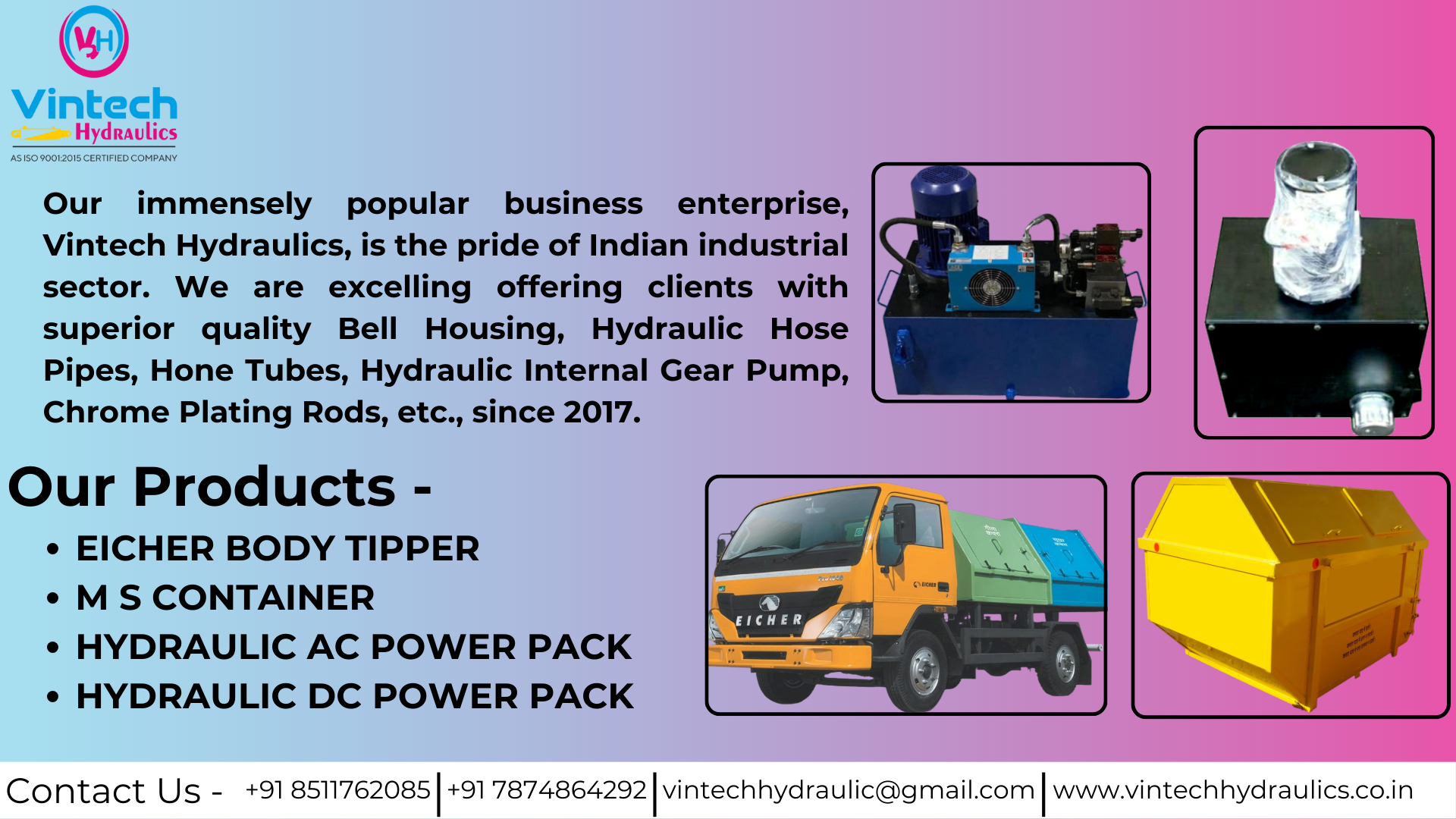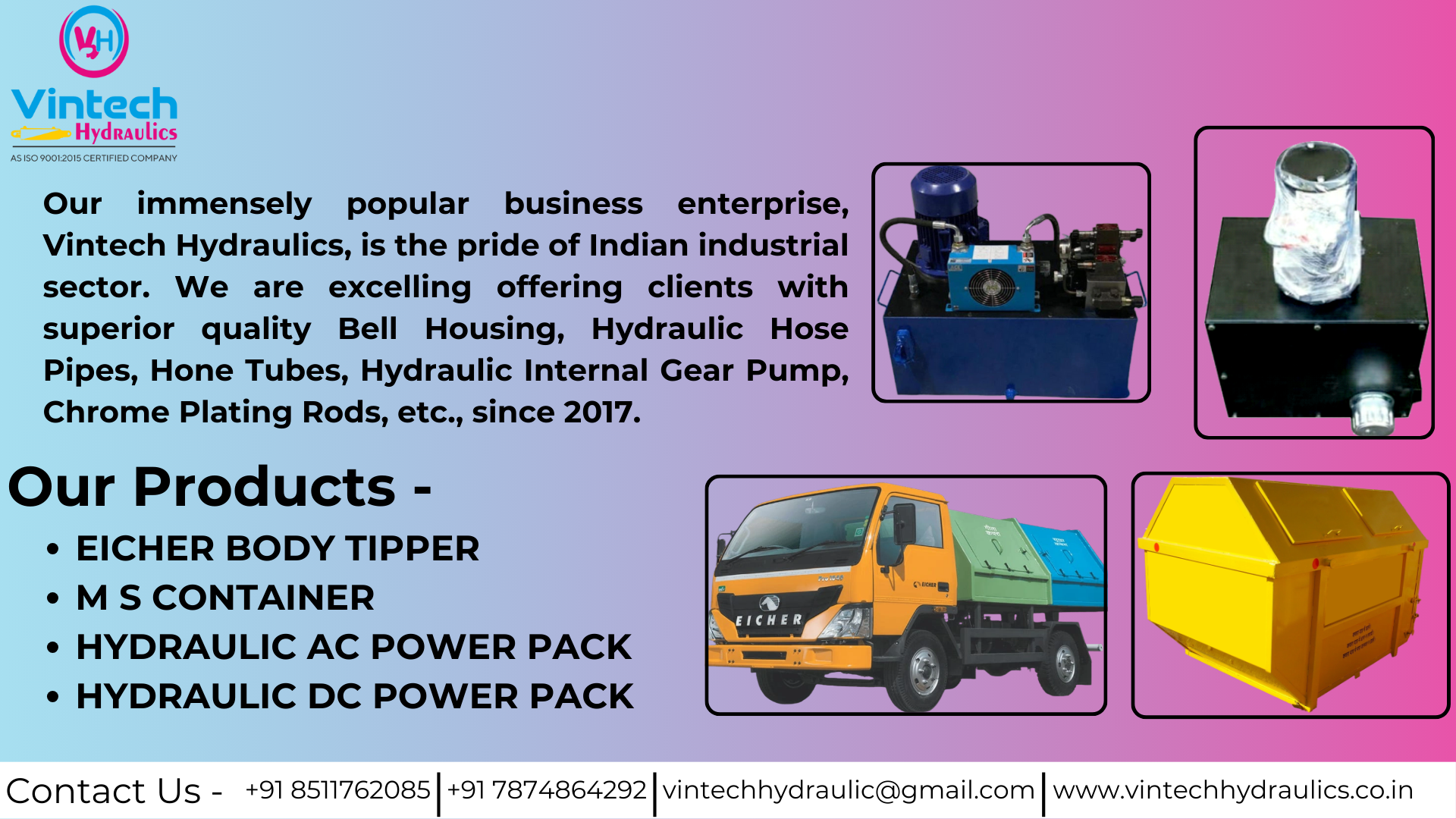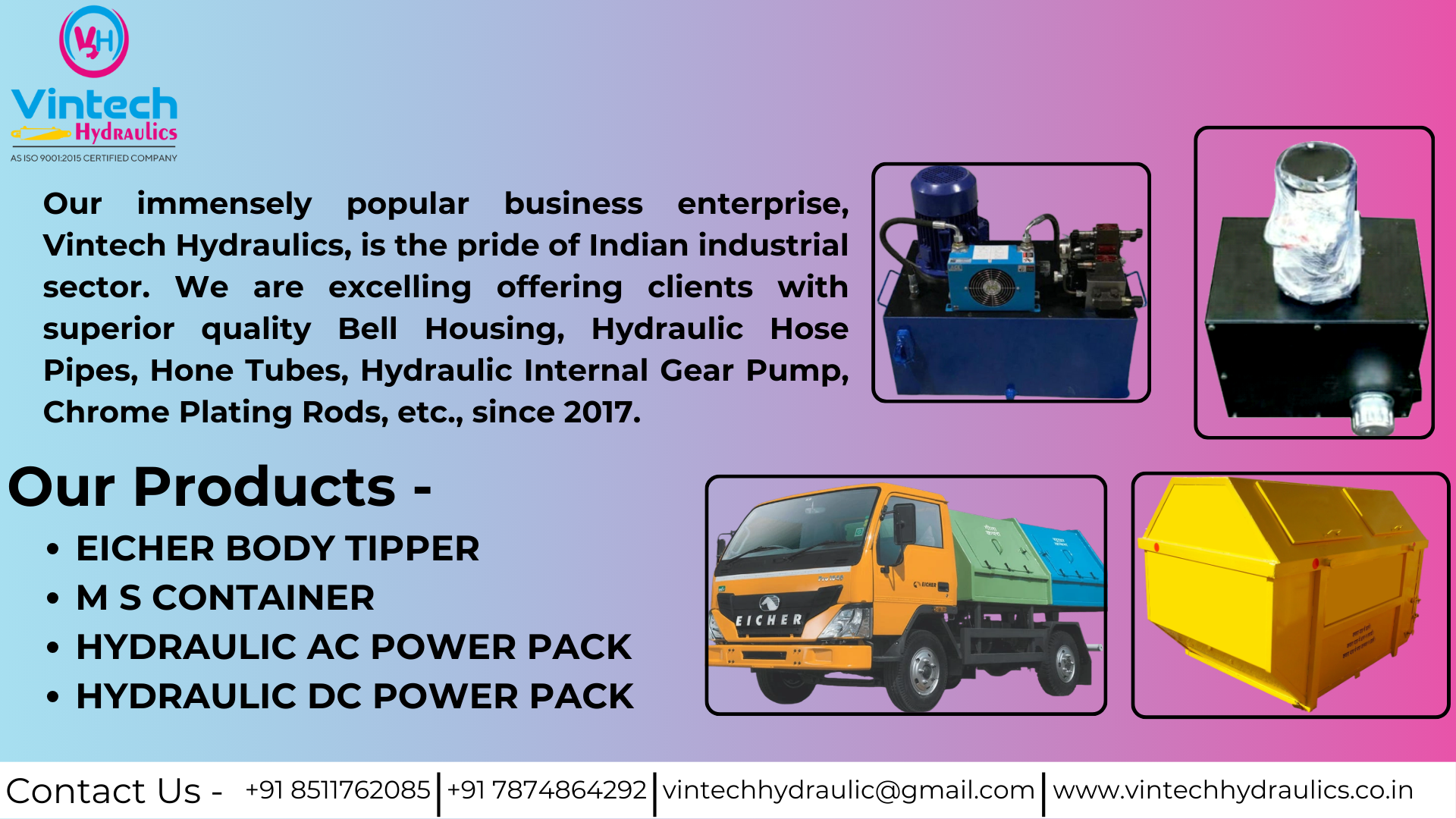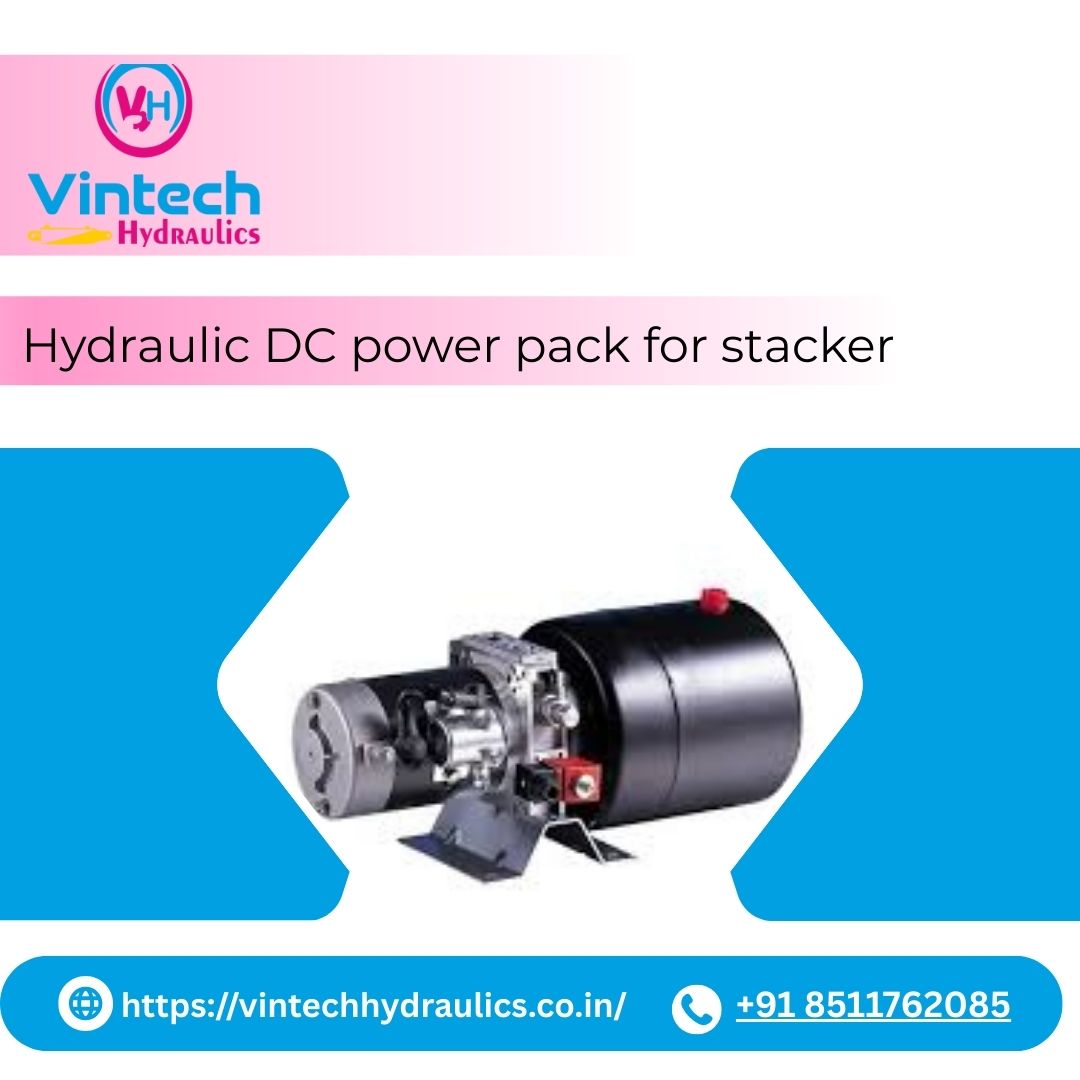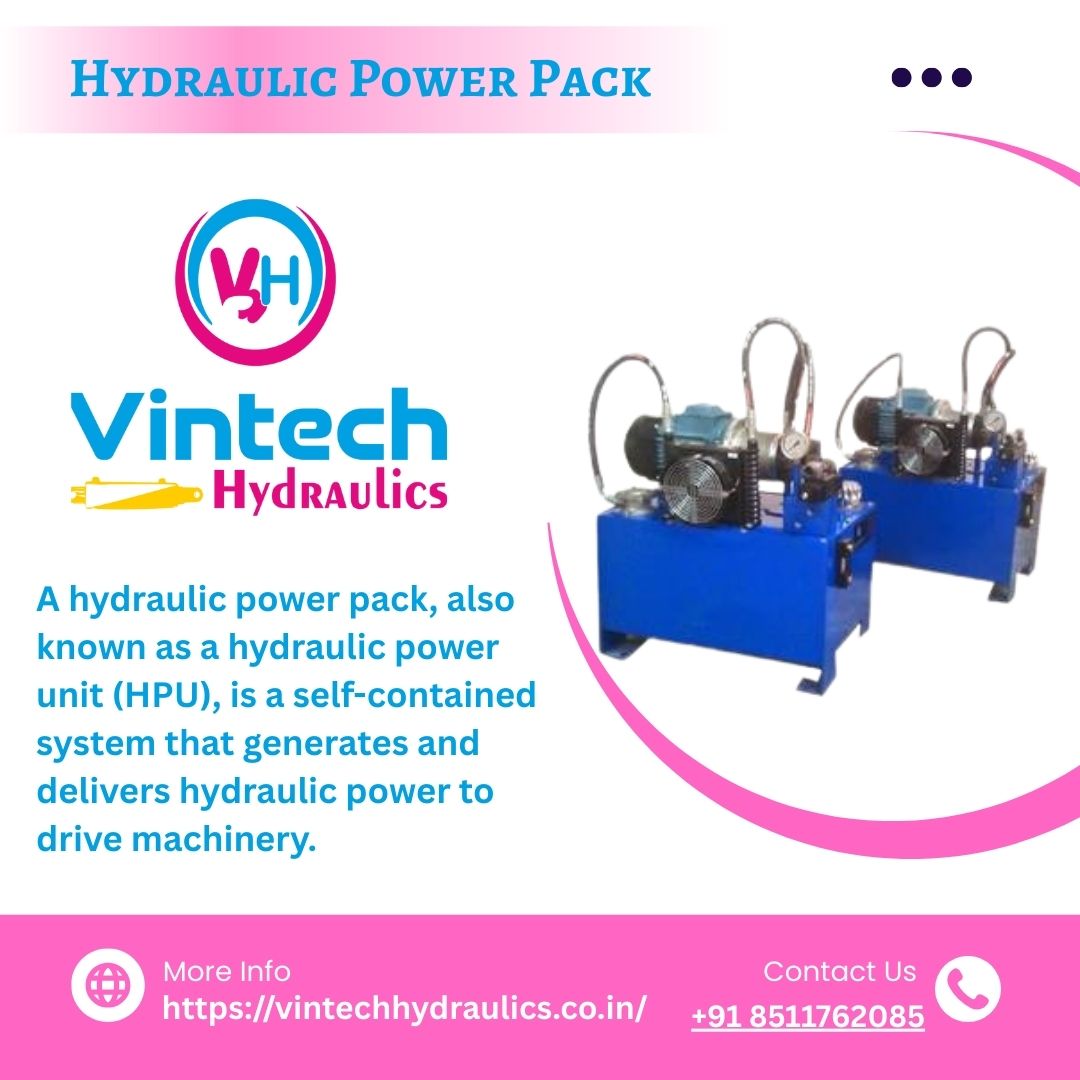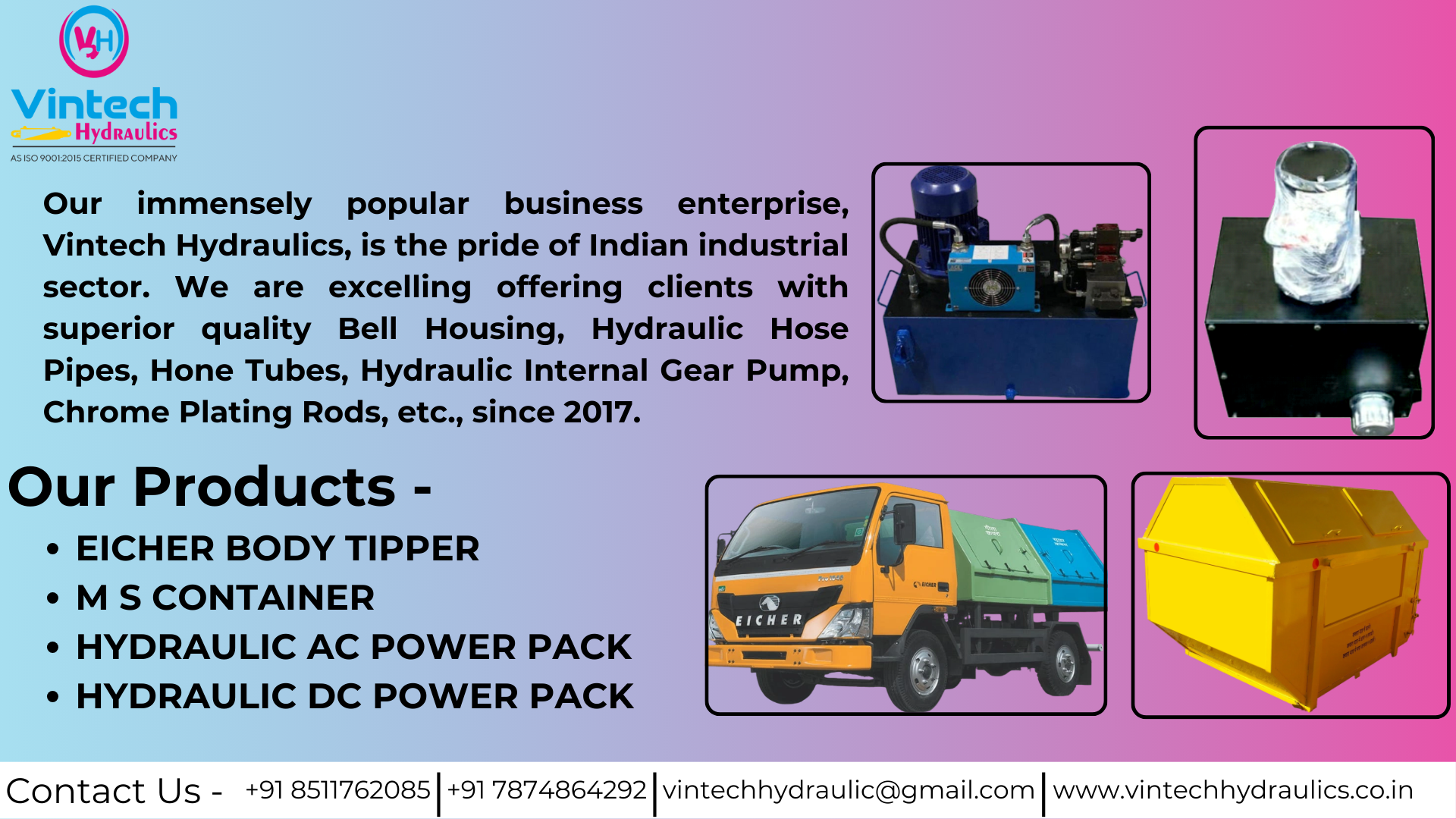
Hydraulic Press Cylinder
Hydraulic Press Cylinder
1. Introduction
A Hydraulic Press Cylinder is a vital component of any hydraulic press machine. It is a linear actuator that uses hydraulic pressure to generate compressive force. This force is then applied to shape, mold, bend, cut, or compress materials in industrial processes.
Hydraulic cylinders used in presses are specially designed for high-pressure and heavy-duty operations, enabling manufacturers to precisely apply force in a controlled manner.
It's the “muscle” behind hydraulic press systems, transforming fluid pressure into linear mechanical motion.
2. Uses / Applications
Hydraulic press cylinders are used in industries that require high-force, repetitive, and accurate pressing operations:
| Industry | Application Example |
|---|---|
| Automotive | |
| Construction | Brick/Block manufacturing, tile presses |
| Textile | Bale press machines for compacting cotton or fabric |
| Manufacturing | Sheet metal forming, deep drawing, punching, forging |
| Tool & Die | |
| Recycling | Scrap baling, paper and plastic compacting |
| Laboratory & R&D | Material compression testing, sample forming |
3. Key Features
| Feature | Description |
|---|---|
| Heavy-Duty Barrel | Made from thick-walled steel, precision honed for durability |
| High-Pressure Seals | |
| Single or Double Acting | Single-acting for one-direction force; double-acting for push-pull actions |
| Cushioning Option | Softens stroke end impact for safety and smooth operation |
| Custom Stroke Lengths | Can be built for short strokes or extra-long extensions |
| Chrome-Plated Rod | |
| Sensor Integration | Proximity sensors for stroke control and automation |
4. Advantages
| Advantage | Explanation |
|---|---|
| High Force in Compact Design | |
| Precision Control | Smooth and accurate movement using flow and pressure controls |
| Long Service Life | Built with wear-resistant seals and surfaces |
| Versatile Applications | Can be customized for light to ultra-heavy pressing needs |
| Safe to Operate | Built-in relief valves and controlled movements reduce accident risk |
| Cost-Effective | Efficient over long runs; minimal operational cost |
| Easy Maintenance | Seals and parts can be replaced without full system replacement |
5. Importance of Hydraulic Press Cylinders
-
Central Force Generation: Without the hydraulic cylinder, the press can't function.
Custom Build Options: Tailored for force, speed, and stroke required by the process.
-
Enables Automation: Integrated with PLCs, sensors, and timers for industrial automation.
-
Supports Heavy Industry: Crucial for vehicle, construction, and aerospace part production.
-
Material Versatility: Suitable for metal, plastic, rubber, fabric, composites, etc.
The performance of a hydraulic press is only as strong and reliable as its hydraulic cylinder.
6. Types / Variants
| Type | Description |
|---|---|
| Single-Acting Cylinder | Force in one direction (extension), return by load or spring |
| Double-Acting Cylinder | Hydraulic force for both extension and retraction |
| Telescopic Cylinder | Multiple stages; used where long strokes are needed in compact space |
| Tie-Rod Cylinder | Strengthened by external rods; often used in presses |
| Welded Cylinder | Compact, leak-resistant; widely used in industrial machinery |
What material is used in hydraulic press cylinders?
Typically hardened alloy steel or mild steel barrels with chrome-plated piston rods.
What pressure range can these cylinders handle?
Commonly up to 250–350 bar, but special designs can go up to 700 bar for ultra-high pressure.
What kind of fluid is used?
ISO VG 32 or VG 46 hydraulic oil; fire-resistant or eco-friendly oils may be used in specific environments.
How often should hydraulic cylinders be serviced?
Every 6 to 12 months, based on usage. Regular oil checks, seal inspection, and alignment are crucial.
Can cylinders be repaired?
Yes. Piston rods, seals, bearings, and bushings can be replaced or reconditioned.
Can I get a custom stroke and bore size?
Absolutely. Manufacturers offer full customization for stroke length, mounting type, and diameter.
8. Conclusion
A Hydraulic Press Cylinder is the engine of force in modern mechanical and industrial pressing systems. It combines precision engineering, rugged strength, and fluid power to deliver unmatched performance in compressing, forming, and molding materials.
It’s a trusted and reliable solution that plays a critical role in manufacturing, recycling, and infrastructure development.
